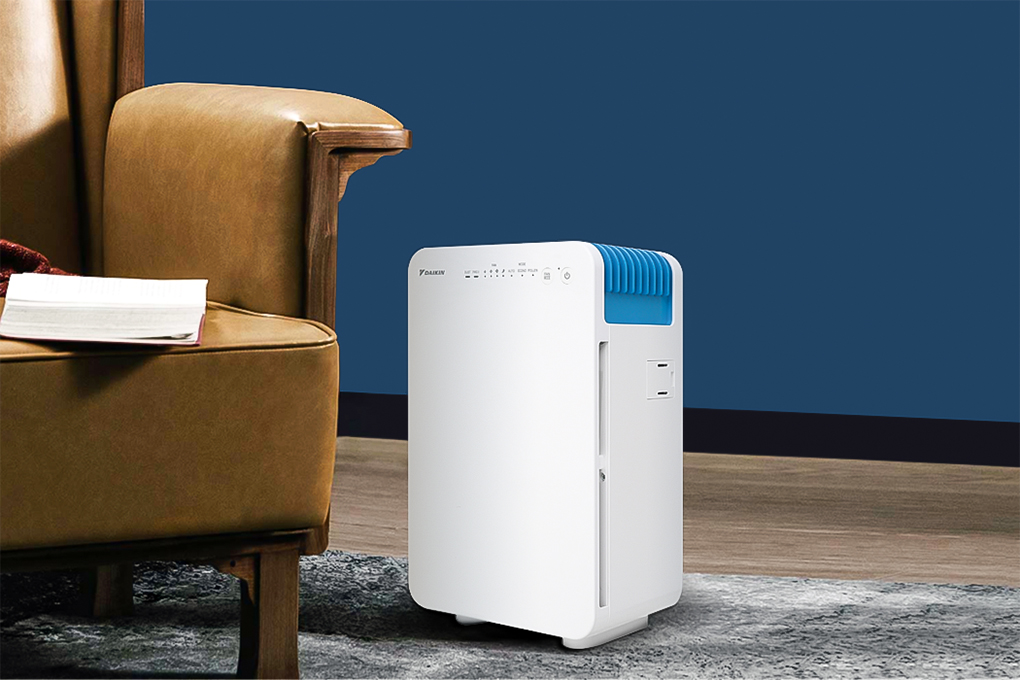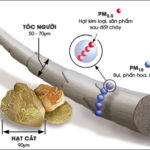1. Incorporate air-purifying trees inside and around your home
Plants are essential for filtering and producing oxygen, which sustains human life. Indoor plants act as natural air filters and are effective in maintaining humidity and combating harmful substances, according to NASA research. Opt for plants with green leaves and no flowers to minimize insects and allergic reactions to pollen.

2. Utilize air purifiers for dust filtration
If your home lacks proper ventilation, using an air purifier can effectively filter out dust in the air. Every day, countless tiny particles float in the air. Turning on an air purifier in your bedroom or living room can reduce dust levels in your home and enhance your sleep quality.

If you suffer from asthma or allergies, you may notice air pollution more quickly due to difficulty breathing, nasal congestion, and wheezing. Air purifiers can help protect your health and the health of your family members.
Air purifiers can remove particles as small as 0.01 micrometers, including pollen, bacteria, allergens, and dust. They can be conveniently placed inside your home and used like other electrical devices.
3. Opt for air-conditioners with ionizing air purifying features
Currently, air-conditioners are present in almost every city household. Choose an air-conditioner that not only controls the temperature but also eliminates dirt from the air, neutralizes microorganisms on surfaces, and eliminates odors from attached substances. Additionally, they can neutralize bacteria and viruses through their filter membranes, making them a convenient and multipurpose choice.

4. Regularly clean dust and minimize its production
Instead of using brooms, consider using vacuum cleaners to minimize the accumulation of dust particles on curtains and other objects in your home. Vacuum cleaners are efficient tools for homemakers to clean their homes effectively without consuming excessive time. If you plan to cook at home, opt for electric stoves instead of charcoal stoves to reduce the amount of ash dust released during cooking.
Cleaning dust and minimizing its production are simple steps towards maintaining cleaner air inside your home.

5. Reduce the usage of nylon bags and disposable plastic utensils
Minimize the use of nylon bags and disposable plastic utensils as they are difficult to decompose and contribute to environmental waste. Instead, opt for reusable utensils or products that are biodegradable or recyclable, benefitting both the environment and your health.

These are five tips we share with you for maintaining clean and fresh air. We hope you choose the appropriate air filtration methods to safeguard your health and that of your family members!



































